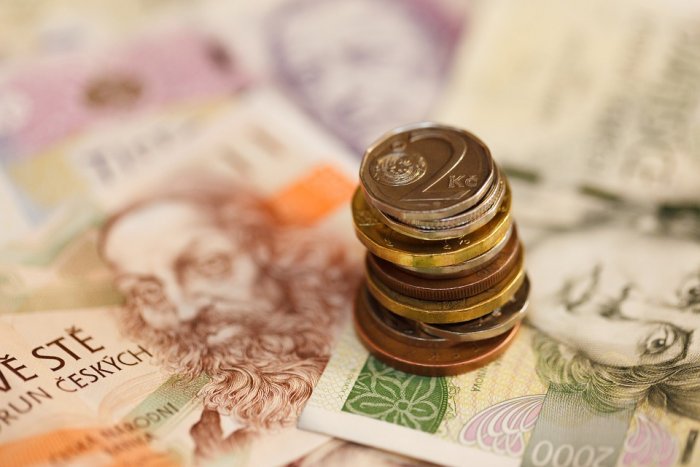MNB: EU transfers mitigate drop in external financing capacity

Photo by Jessica Fejos
A rise in EU transfers reduced the decline in Hungaryʼs external financing capacity last year, and, coupled with continued net FDI inflow, was the main factor behind a continuing drop in the countryʼs net and gross external debt ratios, the National Bank of Hungary (MNB) said in a quarterly Balance of Payments report Thursday.
Net lending as a percentage of GDP dropped to 4.1% in 2017, a four-year low, down from 7.9% in 2016, and narrowing from a peak of 8.1% in 2015. Within net lending, the current account surplus shrank to 2.9% of GDP, from its historic peak of 6.0% in 2016, four-quarter figures in the report show, as reported by state news agency MTI.
A rise of import-intensive investments and rising consumption cut the surplus of the trade in goods and services by 2.3 percentage points to 7.7% of GDP in 2017. The trade in goods, with a surplus narrowing from 4.1% to 1.9% of GDP, was entirely behind the decline.
Higher raw material prices on global markets have caused Hungaryʼs terms of trade to deteriorate slightly since Q4 2016, and the trade surplus has narrowed as a result, the MNB noted.
Hungaryʼs usual deficit on income transfers widened to 5.1% last year, from 4.4% in 2016, as the rising profits of foreign-owned companies increased, while lower interest payments abroad reduced the deficit. Net interest expenditure on foreign loans dropped to 1.1% of GDP, from around 1.5% in 2016, reflecting dropping external debt and lower yields.
The surplus on net wage transfers dropped to 2.2% of GDP, after topping out at 2.6% in the previous two years. The number of Hungarians commuting abroad to work stopped growing in 2016 and then dropped, especially in the second half of 2017, the MNB said. The sharp rise in Hungarian wages as well as emigration may be factors explaining the decline, it added.
Transfers improved the picture as on the whole they produced a 1.5%-of-GDP surplus, against a slight deficit in 2016.
Of total transfers, net transfers from the European Union almost tripled to EUR 3.1 billion, or 2.6% of GDP, as EU funding was ramped up. The ratio was still the lowest since early 2009, the report added.
SUPPORT THE BUDAPEST BUSINESS JOURNAL
Producing journalism that is worthy of the name is a costly business. For 27 years, the publishers, editors and reporters of the Budapest Business Journal have striven to bring you business news that works, information that you can trust, that is factual, accurate and presented without fear or favor.
Newspaper organizations across the globe have struggled to find a business model that allows them to continue to excel, without compromising their ability to perform. Most recently, some have experimented with the idea of involving their most important stakeholders, their readers.
We would like to offer that same opportunity to our readers. We would like to invite you to help us deliver the quality business journalism you require. Hit our Support the BBJ button and you can choose the how much and how often you send us your contributions.








